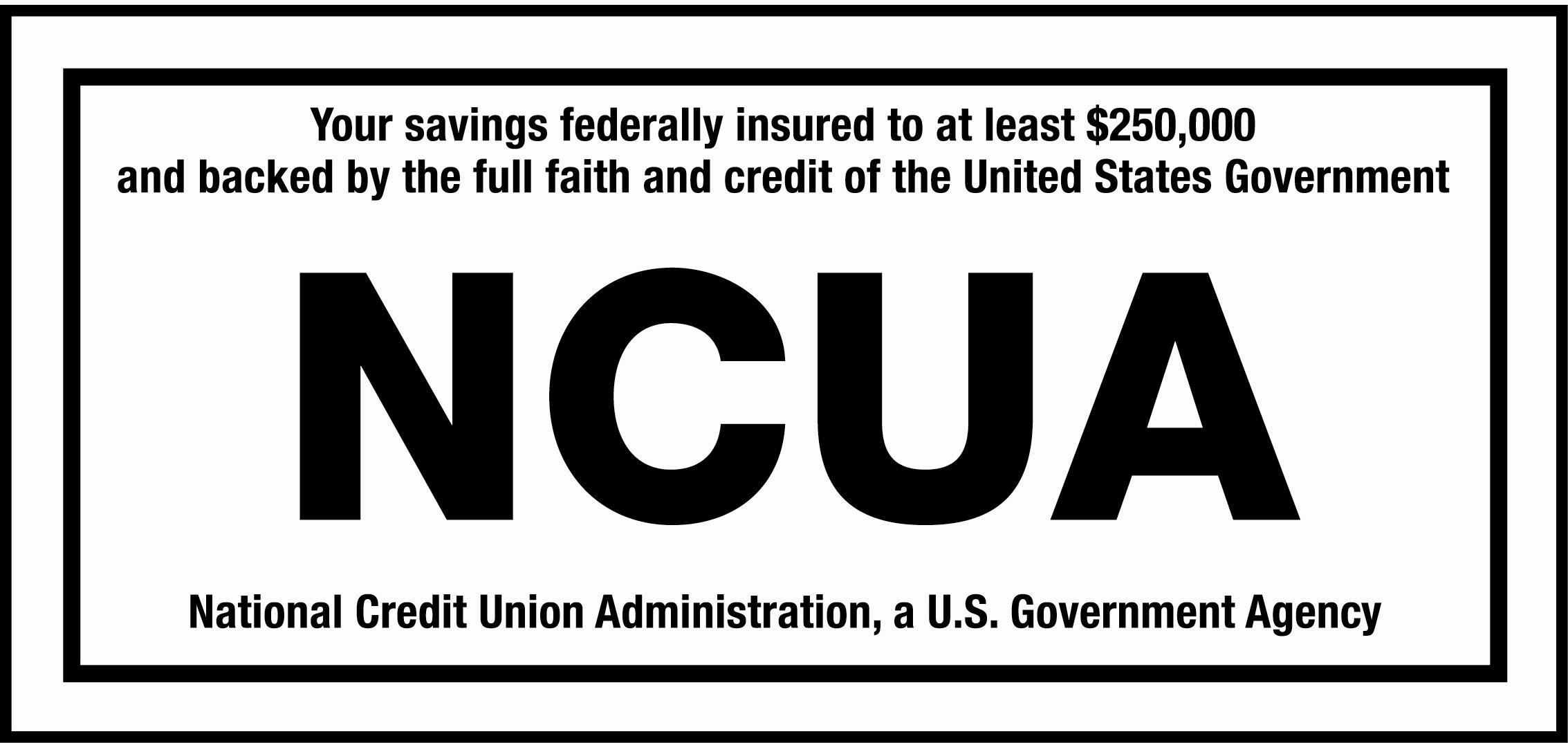Sam Davis
January 10, 2017
What do you do when you’re hit with an unexpected bill? Do you have money set aside should something come up? According to gobankingrates.com, 69% of Americans have less than $1,000 in savings. Why is that important? Having money set aside for unexpected bills will help you avoid extending your debt.
Many of you might think that you can’t save or it will put too much stress on your tight budget. What if there were a way to make it easy? There is. It’s called payroll deduction. How does that work you ask?
A payroll deduction is an amount of money that is automatically deducted from your paycheck and put into an account other than your primary account. Example – You are paid $1,000 into your checking account every pay period. You set up a $20 payroll deduction to a savings account – now you are paid $980 to your primary account and $20 to the designated savings account. A lot of people, most of the 69% with no savings, end up spending everything they make every pay period. They may not know exactly where it all goes, but they end up spending it. The solution is to pay yourself first – who hasn’t heard that before? After a couple of pay periods, you won’t even notice the difference in your primary account.
How much can I actually save? Will it really even matter?
Anything you can save matters. To prove it, here are some numbers of what a payroll deduction can actually do for you (before any interest is paid).
|
Bi-Weekly Pay Periods (26/year) |
One Year Savings Total |
Semi-Monthly Pay Periods (24/year) |
One Year Savings Total |
| $25 | $650 | $25 | $600 |
| $50 | $1,300 | $50 | $1,200 |
| $75 | $1,950 | $75 | $1,800 |
| $100 | $2,600 | $100 | $2,400 |
What is a Payroll Deduction Certificate of Deposit (PDCD)?
A PDCD is just like a payroll deduction to a savings account, with one difference. Your payroll deductions get deposited into a CD every pay period. This will earn a higher amount of interest than your regular savings accounts. For example, Health Care Family Credit Union is currently offering, 1.0% on 12 month PDCDs and 1.6% of 24 month PDCDs.
No matter how you decide is the best way for you to save, save something. Health Care Family Credit Union is here to help.



